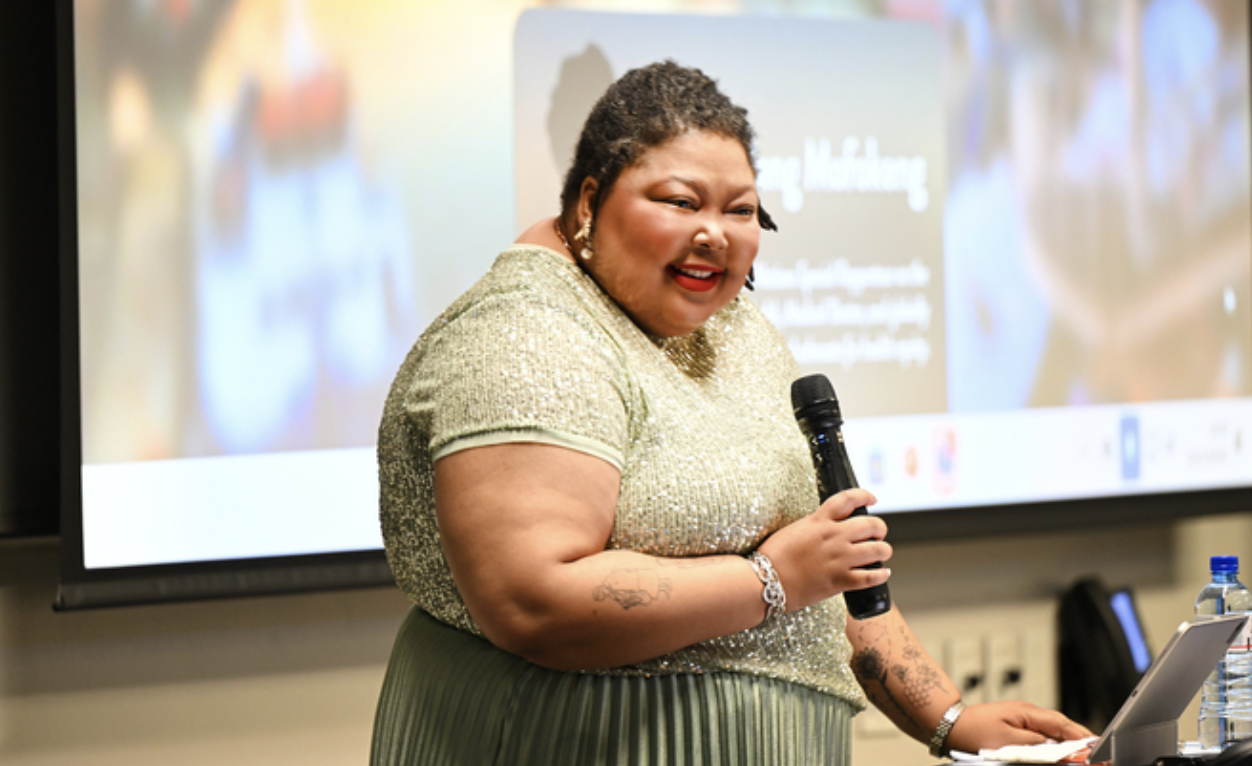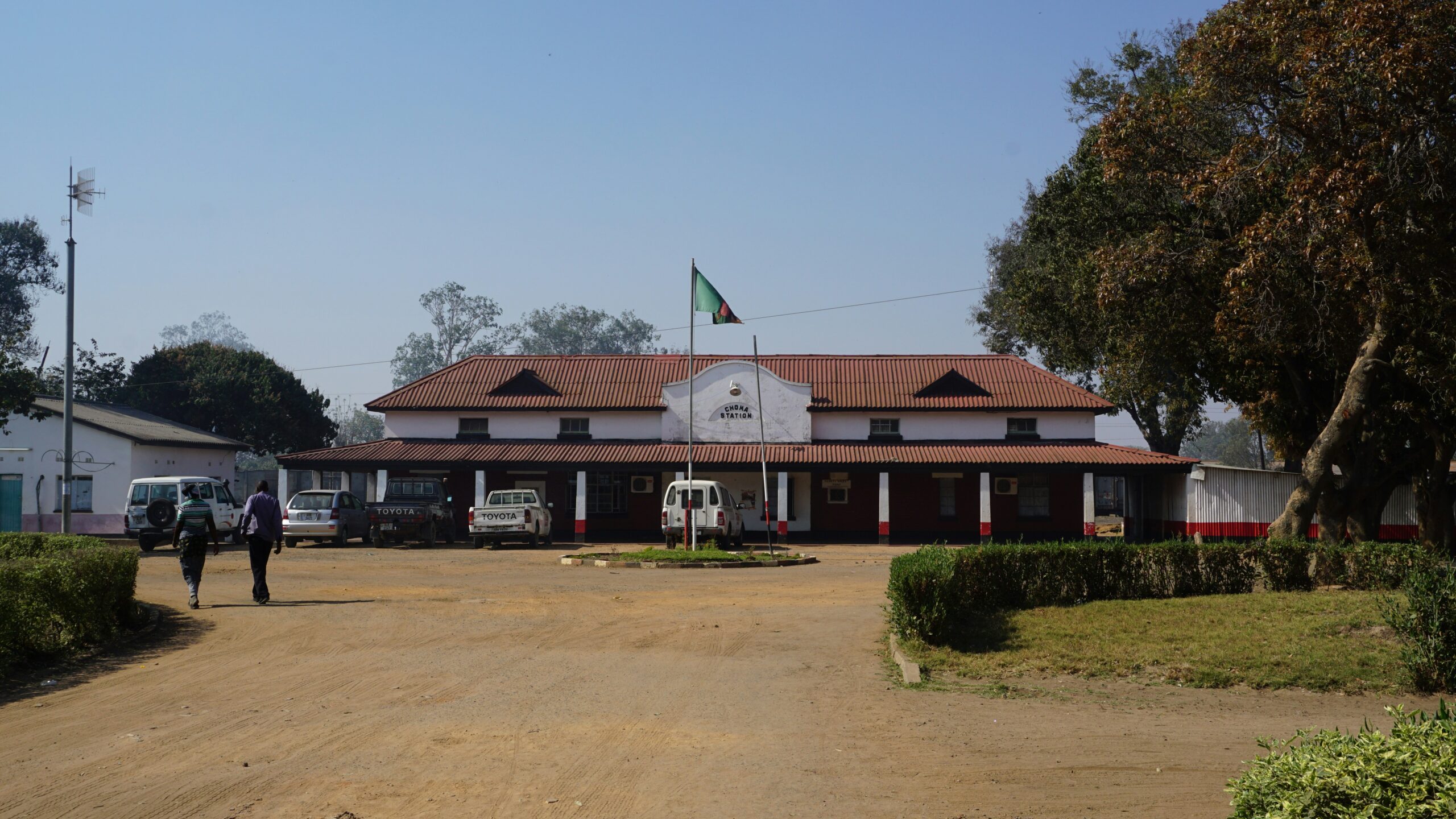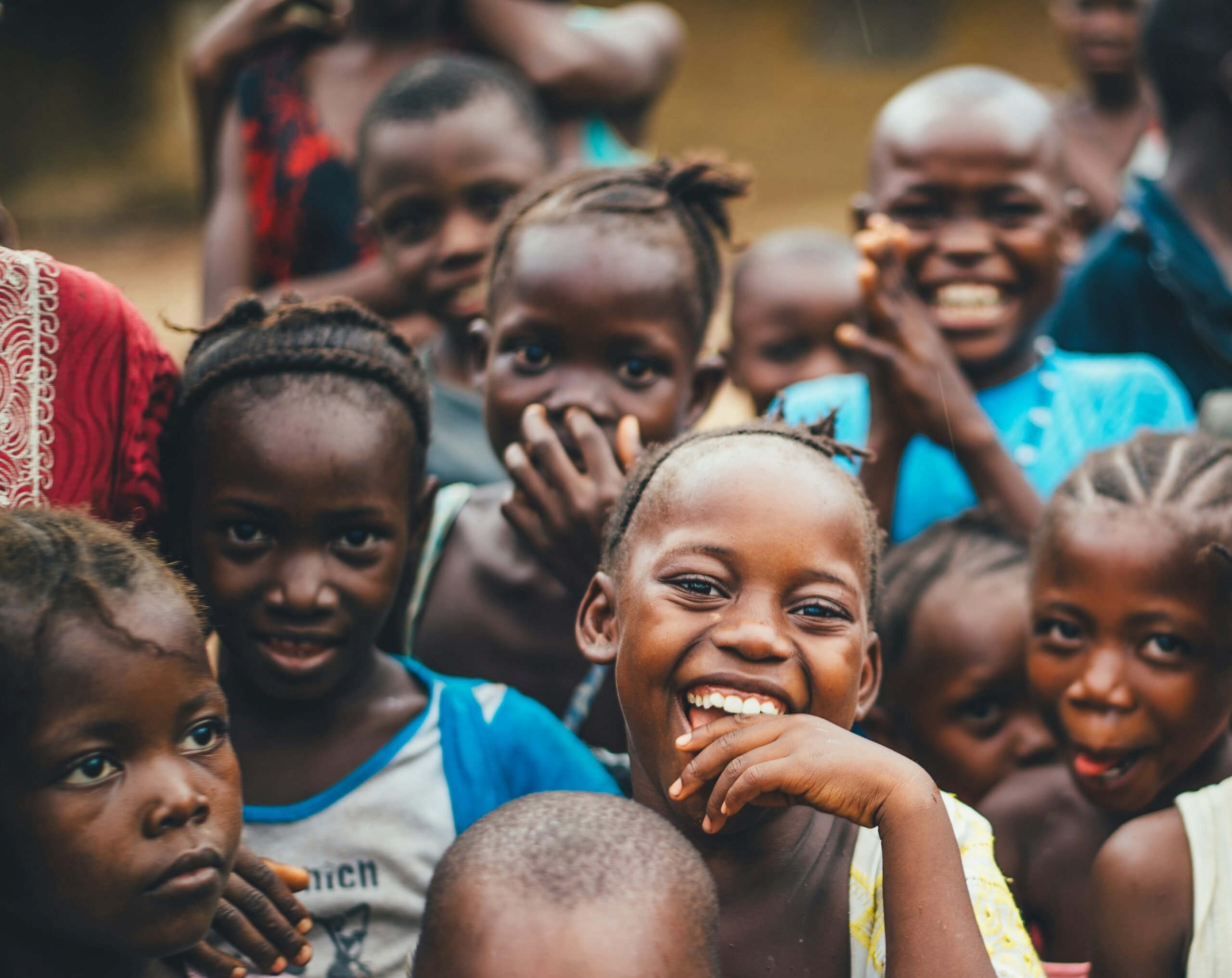UCT’s Global Health Lecture featured Dr Tlaleng Mofokeng, UN special rapporteur, who urged that universal health access in Africa must prioritize dignity, equity, and solidarity beyond clinics and budgets. She called on clinicians as rights defenders and on systems to dismantle inequalities for true access.
On 1 September, the University of Cape Town’s Faculty of Health Sciences hosted its annual Global Health Lecture, focusing on the pressing theme “Universal Health Access for Africa: Where are we now?” The keynote address was delivered by Dr Tlaleng Mofokeng, United Nations special rapporteur on the right to health, whose deeply personal reflections and professional insights framed the evening’s discourse. Speaking from her experiences of growing up under apartheid, working as a physician, and serving at the UN, she emphasized that universal health access is not only about infrastructure and budgets but about dignity, equity, and human rights.
Dr Mofokeng stressed that health must be understood beyond hospitals and clinics, encompassing basic needs such as clean water, nutritious food, and safe workplaces that allow people to live with dignity. She connected the right to health with broader participation in society—economic productivity, education, and human flourishing—arguing that when dignity guides policy, outcomes improve. Her six years at the UN were defined by this principle, illustrated by examples from maternal health in India to grassroots transgender clinics in Brazil. Yet, she underscored that health systems are fundamentally about power, shaped by who controls access and who is excluded. Practices that demand proof of address for contraception or stigmatize sex workers, LGBTQ+ people, migrants, and those with disabilities perpetuate inequity. Barriers like bureaucracy, she warned, directly translate into poorer health outcomes.
The panel discussion that followed, featuring UCT academics and international experts, resonated with these themes. Issues such as South Africa’s National Health Insurance, the balance of private and public providers, and the critical role of community health workers were debated. The shared conclusion was that dignity and solidarity must guide day-to-day health practice, not only policy frameworks. UCT Vice-Chancellor Professor Mosa Moshabela reinforced this point, stressing that universal health access is urgent and personal for Africa, and calling on the university to ensure that scientific and technological advancements translate into equitable care.
Throughout her lecture, Dr Mofokeng highlighted community health workers as frontline defenders of dignity, alert to the social realities behind medical outcomes. She challenged complacency, pointing to South Africa’s coexistence of world-class excellence with entrenched inequality, and urged clinicians to see themselves as human rights defenders as much as medical professionals. This, she argued, requires reimagining the culture of the profession, moving beyond burnout and rigidity towards solidarity and empowerment.
Her final appeal framed universal health access as an act of solidarity rather than charity, warning against reliance on external donors and urging African nations to sustain their own systems. The event closed with reflections from UCT leaders who stressed linking policy ambition to grassroots realities. The lecture’s enduring message was clear: universal health access in Africa must be built on dignity, equity, and shared responsibility.




